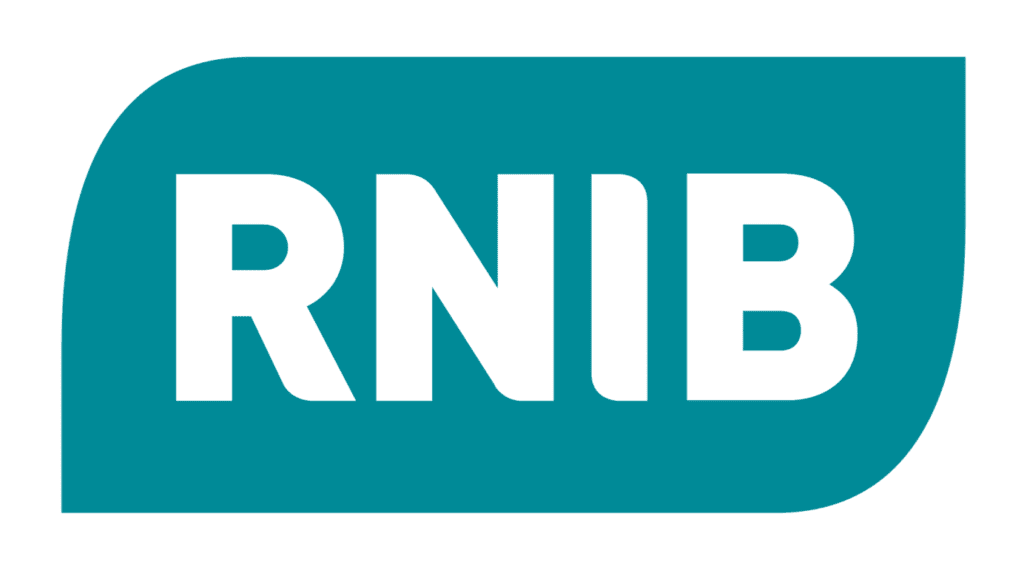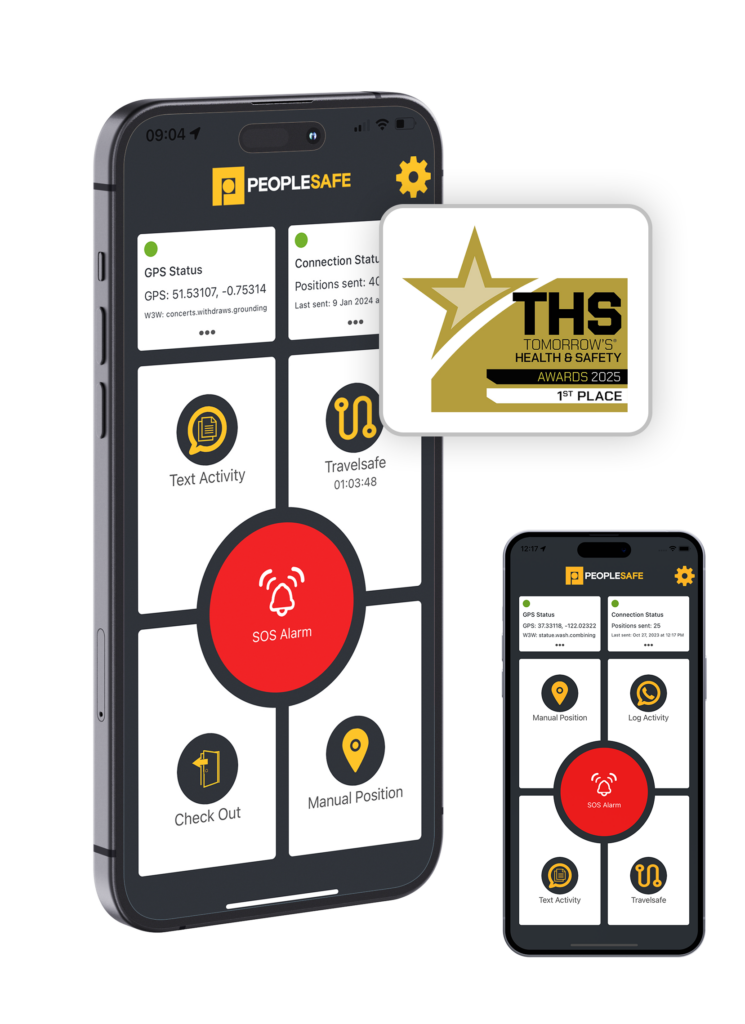Royal National Institute of Blind People

The Customer
Royal National Institute of Blind People (RNIB) is a group of registered charities offering information, support, and advice to almost two million people in the UK with sight loss. RNIB’s work is supported by more than 2,000 staff and 4,000 volunteers throughout the country. RNIB’s practical and emotional support aims to help people face the future with confidence.
The Challenge
RNIB has a large number of staff who visit people in their homes. They offer support to meet the needs of blind and partially sighted people. However, the majority of these employees work alone. Because there’s no immediate help at hand, lone workers are exposed to a greater risk of accidents and injury. RNIB wanted a cost-effective solution to help improve their personal safety. Especially as some of the staff themselves are visually and/or hearing impaired.
Every organisation in the UK is required to fulfil a legal Duty of Care towards their employees. Safe working arrangements for lone workers are no different from organising the safety of other employees. Failure to meet this Duty of Care can lead to significant fines under various forms of legislation. This includes the Health and Safety at Work Act (1974), The Management of Health and Safety at Work Regulations (1999), and the Corporate Manslaughter and Corporate Homicide Act (2007).
RNIB understands the importance of lone worker protection, both in terms of staff wellbeing as well as the charity’s reputation. In the event of a serious incident, inadequate protection of your employees will not only lead to fines but can sully an organisation’s reputation. This can be highly damaging, especially if reliant on public support for fundraising.
The Solution
RNIB turned to Peoplesafe to provide their lone workers with protection whilst carrying out their duties. Key in their decision to adopt the service was “the ability to work across multiple mobile devices and to introduce a more technical approach to our lone working management” as stated by Glenn Hurst of the RNIB Supplier Management Team.
Users of Peoplesafe’s smartphone safety app can leave details of their movements and whereabouts via their mobile phone. It’s been designed for ease of use, so users can quickly and simply enter their details. If a user fails to notify the system when they finish a set task, Peoplesafe will attempt to contact them. If they do not answer and their safety cannot be verified, Peoplesafe will then escalate the incident, following RNIB’s personalised emergency procedures.
If a user feels at risk, they can also call for help via the SOS Alarm function. The alarm is raised by pressing an assigned key on their mobile device, even if the keypad is locked. This will call Peoplesafe’s dedicated 24 hour Alarm Receiving Centre, who will listen in and assess the situation. Using GPS tracking, the lone worker can also be easily located. All recordings are saved and can be used as evidence in court if required.
The application, an easy install on all major smartphone operating systems, comes with a wealth of options including GPS tracking and locating. As Glenn Hurst describes, “the ability to review the last known location of the individual” is the most impressive part of Peoplesafe’s service.
The Benefits
Because no hardware is involved, the service is impressively cost-effective. There are often budget challenges, especially for charities who aim to apportion the majority of income on their core objectives. With Peoplesafe’s smartphone application, there’s no upfront cost and only a minimal subscription to the service to pay.
However, it’s not just about cost, but also finding the right balance for lone worker provision based upon the employee’s needs.
Now, RNIB’s lone workers can also feel more confident in the knowledge that they aren’t alone should they find themselves in a difficult position. From an organisation’s perspective, RNIB can be confident in the knowledge that they are compliant with stringent lone working legislation and are helping to fulfill their Duty of Care to their employees.

